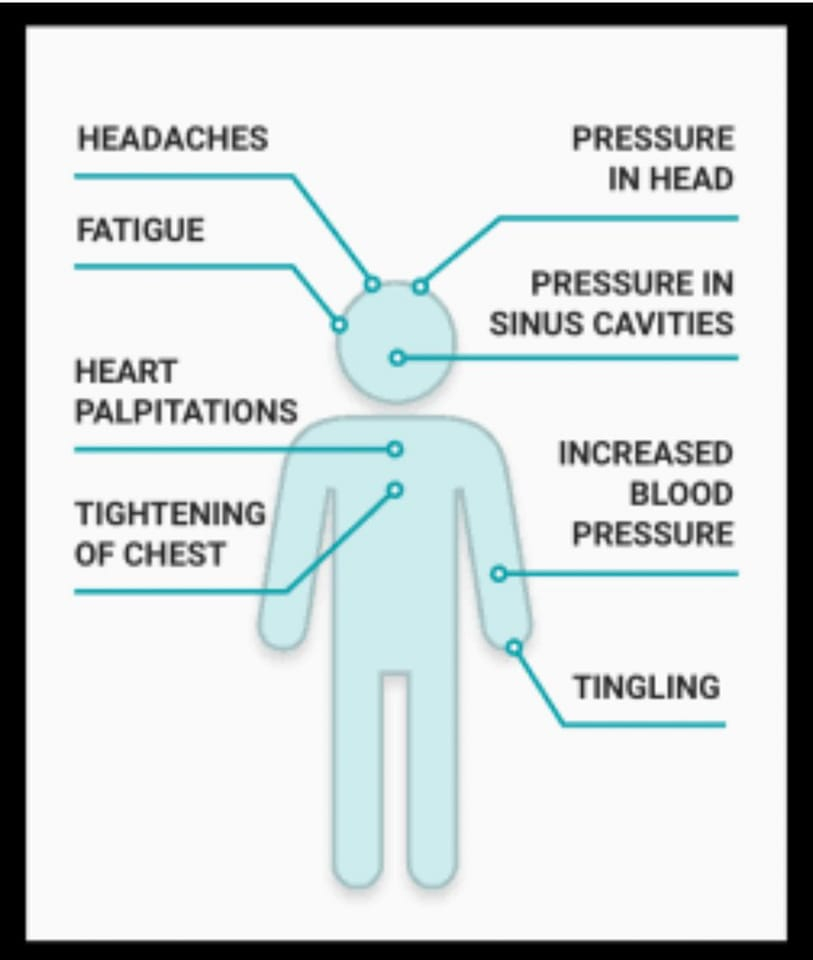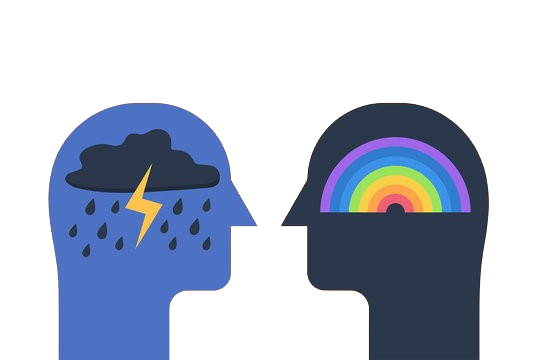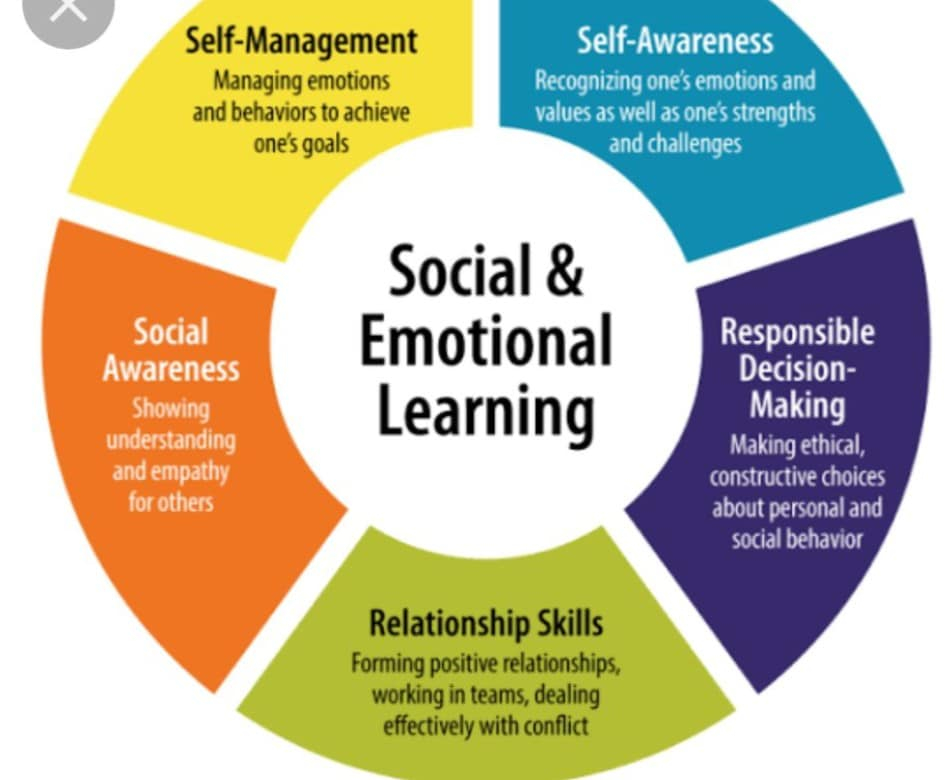Anger and Hostility
Anger and Hostility
16-Jan-2022
Anger signals your body to prepare for a fight. This reaction is commonly classified as "fight or flight." When you get angry, adrenaline and other hormones are released into the bloodstream. Then your blood pressure goes up, your heart beats faster, and you breathe faster.
Many people mistakenly believe that anger is always a bad emotion and that expressing anger is not okay. In reality, anger can be a normal response to everyday events. It is the right response to any situation that is a real threat. Anger can be a positive driving force behind our actions. Anger can also be a symptom of something else, depending on how often a person feels angry and how angry the person feels.
Hostility is being ready for a fight all the time. Hostile people are often stubborn, impatient, hotheaded, or have an "attitude." They are frequently in fights or may say they feel like hitting something or someone. Hostility isolates you from other people.
Anger and constant hostility keep your blood pressure high and increase your chances of having another health problem, such as depression, heart attack, or a stroke.
Teens who say they often feel angry and hostile also more often feel anxious, stressed, sad, and fatigued. They have more problems with alcohol and drugs, smoking, and eating disorders than teens who do not have high levels of anger.
Violent behaviour often begins with verbal threats or relatively minor incidents, but over time it can involve physical harm. Violent behaviour is very damaging, both physically and emotionally. Violent behaviour can include physical, verbal, or sexual abuse of an intimate partner (domestic violence), a child (child abuse), or an older adult (elder abuse).
Violence causes more injury and death in children, teenagers, and young adults than infectious disease, cancer, or birth defects. There is no single explanation for violence caused by youth.
If you are angry or hostile or if you have violent behaviour, it is important to find help. You can learn ways to control your feelings and actions.
The long-term physical effects of uncontrolled anger include increased anxiety, high blood pressure and headache. Anger can be a positive and useful emotion, if it is expressed appropriately. Long-term strategies for anger management include regular exercise, learning relaxation techniques and counselling.
However, anger becomes a problem only when you don't manage it in a healthy way.
More Blog
Mental health needs to notice in Bangladesh
12-Sep-2024Like other countries Mental health is one of the warning issues in Bangladesh gradually. Though the immense consequences of this... read more
Happiness tips:
02-Apr-2022Happiness is also one of the important aspects of positive psychology and wellbeing. Do something you enjoy every day, e... read more
What is SEL?
31-Jan-2022Social-emotional learning, commonly referred to by its acronym, SEL, is a method of promoting holistic child development by teac... read more



